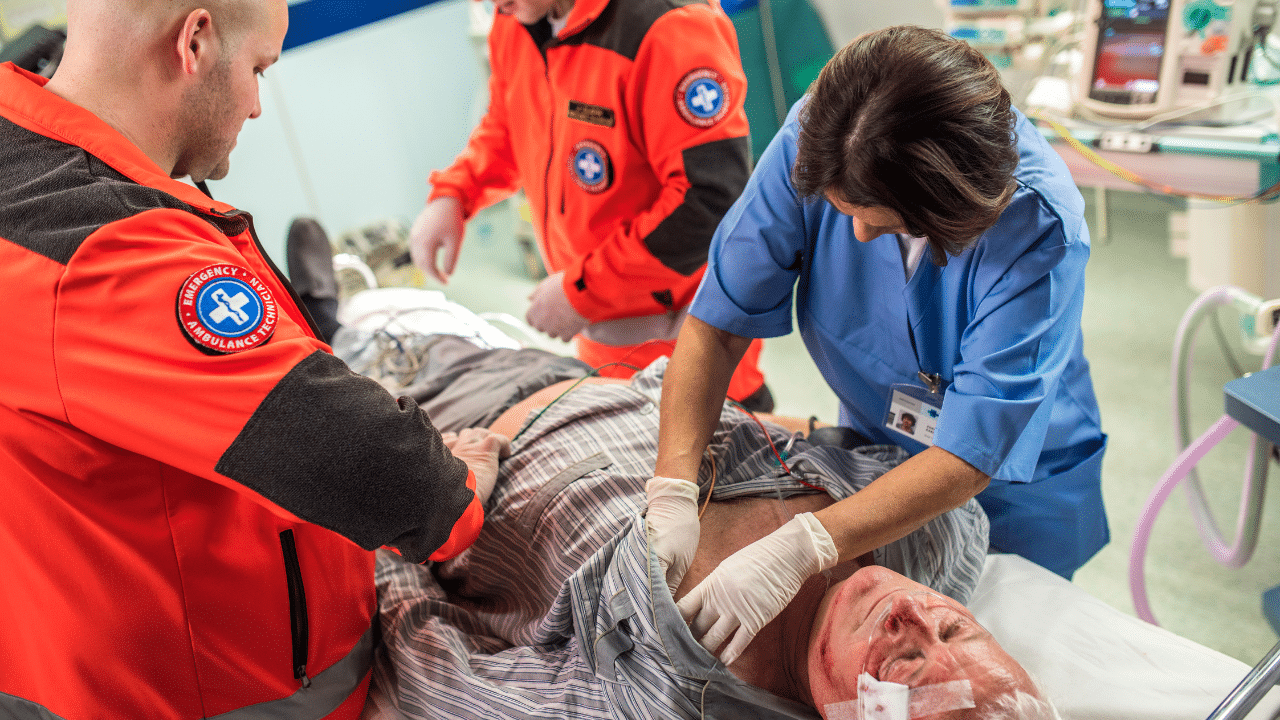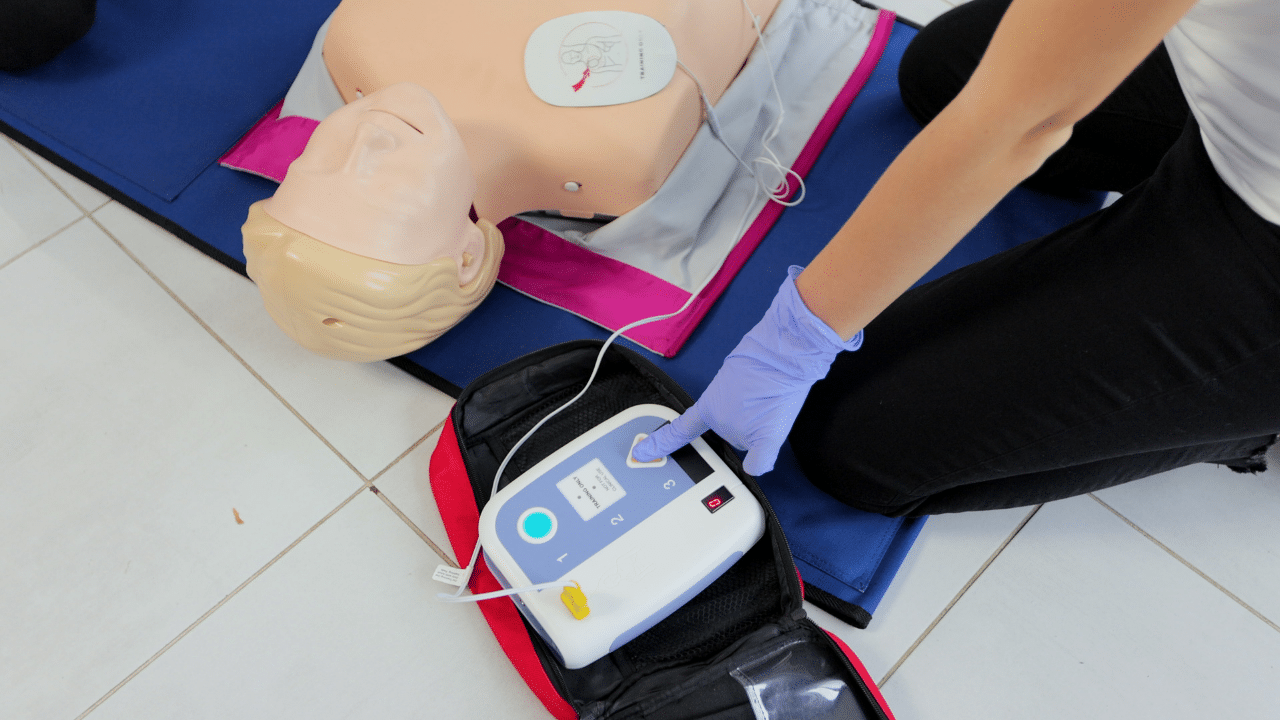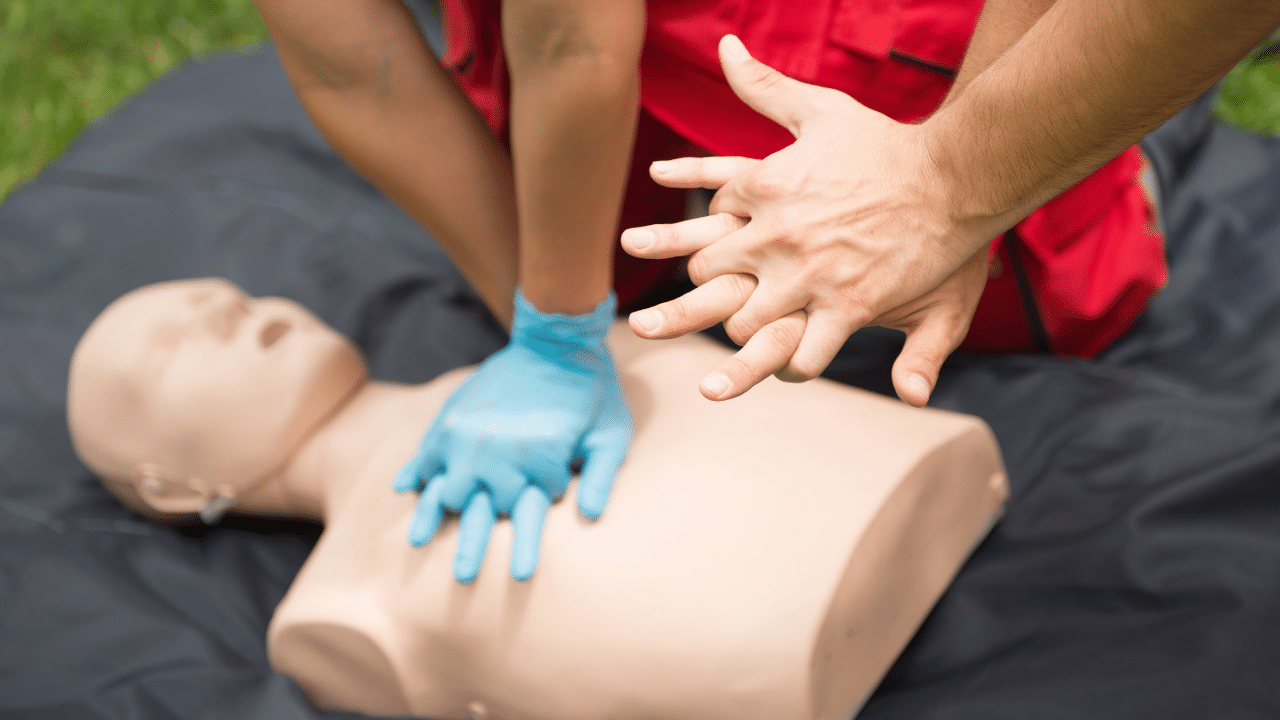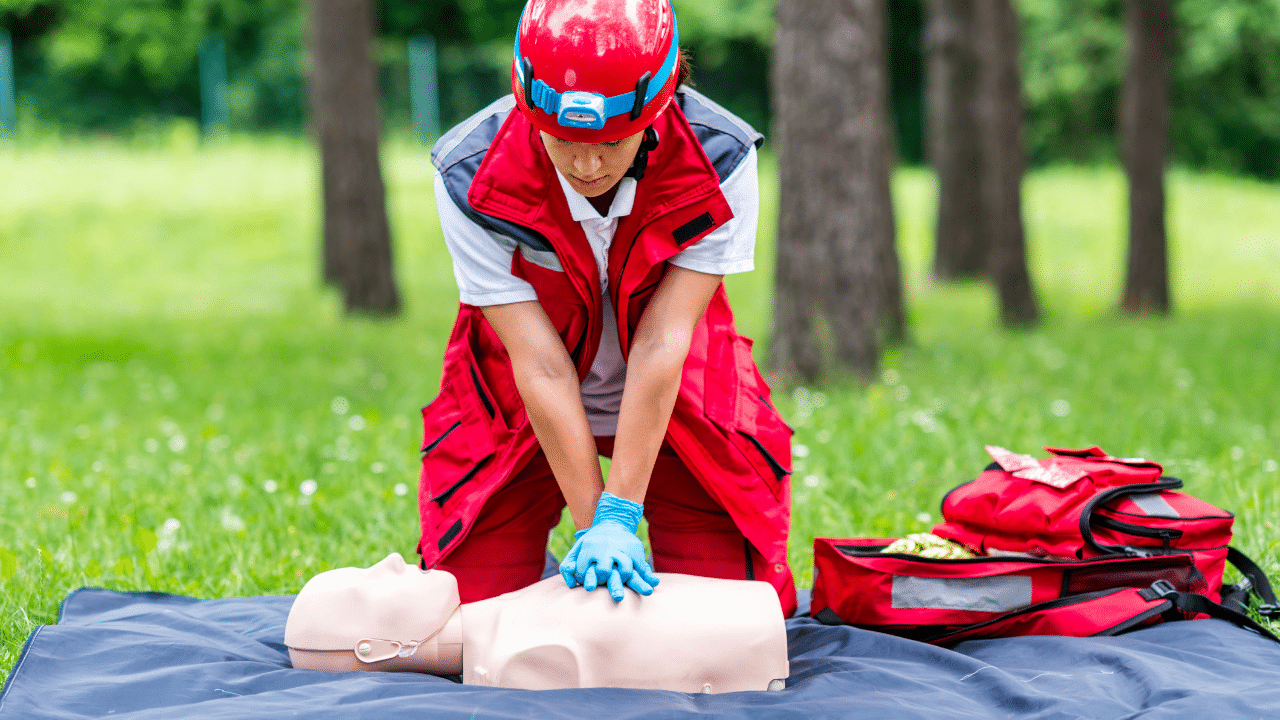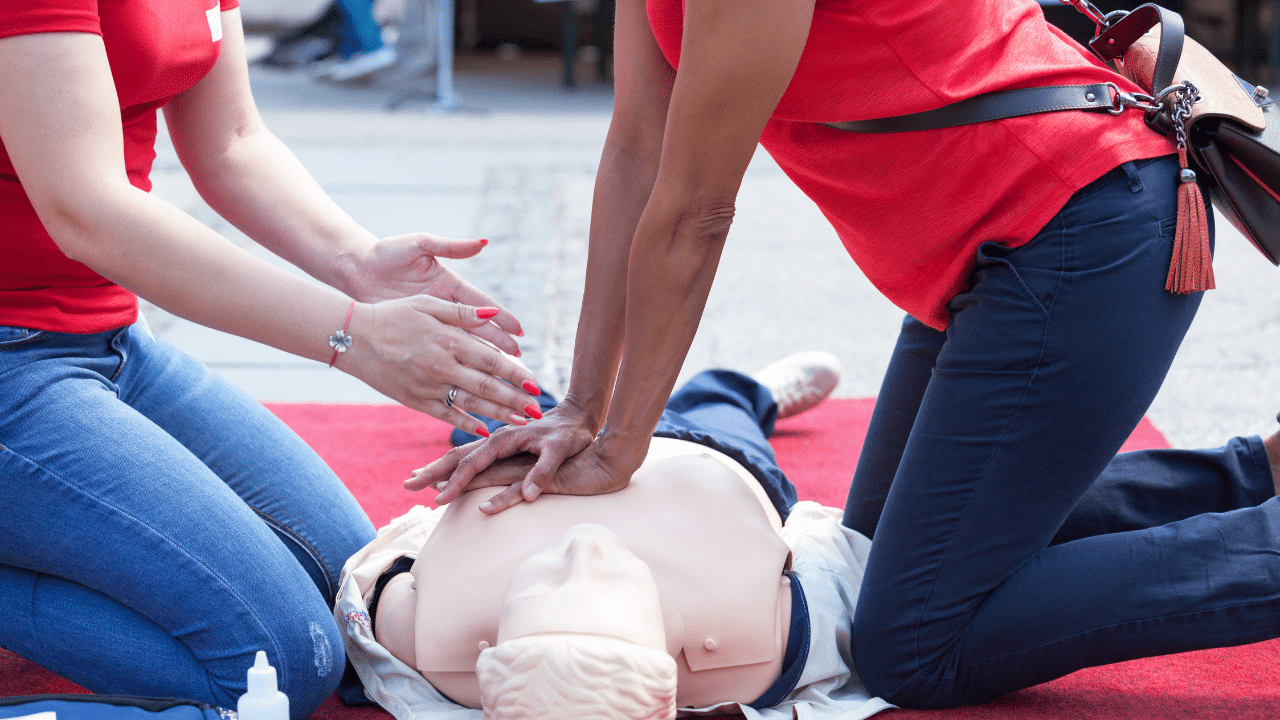Surviving a cardiac arrest represents a profoundly life-altering experience, reshaping the very foundation of a person’s existence. While immediate attention is often given to the physical recovery process, it is crucial to acknowledge the psychological impact that lingers long after the event. This article explores the emotional journey of CPR survivors and underscores the essential strategies and support systems that are vital for fostering psychological recovery.
Understanding CPR Recovery
CPR recovery involves not only physical healing but also a complex emotional process. Survivors may struggle with feelings of fear, anxiety, guilt, and even anger as they come to terms with their near-death experience. Here are some key factors that influence the psychological recovery process for CPR survivors:
- Survivor’s guilt: Many survivors may experience survivor’s guilt, questioning why they were saved, while others may not have been as fortunate. This can lead to feelings of unworthiness and a fear of fully embracing their second chance at life.
- Trauma-induced stress: The traumatic nature of cardiac arrest can result in post-traumatic stress disorder (PTSD) for some survivors. They may experience flashbacks or nightmares, feel on edge and anxious, and avoid situations that remind them of the event.
- Loss of control: Cardiac arrest is often sudden and unexpected, leaving survivors feeling out of control and vulnerable. This loss of control can lead to feelings of powerlessness and anxiety about the future.
- Lifestyle changes: CPR survivors may be required to make significant lifestyle changes to reduce their risk of another cardiac arrest. This can be challenging and overwhelming, leading to frustration, sadness, or anger.
Coping Strategies for Psychological Recovery
Recovering from a traumatic event like cardiac arrest requires both time and effort. Here are some strategies that can help CPR survivors navigate their emotional journey:
- Physical self-care: Physical self-care is essential for psychological recovery. Engaging in regular physical activity, eating a healthy diet, and getting enough rest can contribute significantly to a survivor’s overall well-being.
- Seeking support: CPR survivors must have a strong support system in place. This can include family, friends, and healthcare professionals who can provide emotional support and resources to help cope with recovery challenges.
- Therapy: Survivors may benefit from therapy to process their emotions and learn coping strategies for managing PTSD or survivor’s guilt. Cognitive-behavioral therapy (CBT) is particularly effective in treating trauma-related disorders.
- Joining support groups: Connecting with others who have been through a similar experience can be immensely beneficial for psychological recovery. Support groups offer a safe space for survivors to share their experiences, learn from others, and find a sense of community.
Stages of Psychological Recovery Post-CPR
Post CPR recovery is not a linear process, and it can be helpful for survivors to understand the stages of psychological recovery they may go through. These stages are:
1) Shock and Denial
In the immediate aftermath of an arrest, survivors may experience shock, finding it hard to comprehend the reality of their situation fully. This initial phase may be characterized by emotional numbness, creating a temporary psychological barrier that allows individuals to process the enormity of their experience while shielding them from immediate pain.
2) Pain and Guilt
As the shock begins to subside, the emotional weight of pain and guilt may come to the forefront. Survivors often grapple with intense regret, reflecting on what could have been done differently and feeling guilty for the additional emotional and financial burdens imposed on loved ones due to their ordeal.
3) Anger and Bargaining
In this stage, feelings of anger may emerge as frustrations boil over. Survivors may direct their anger toward various outlets, including themselves, the circumstances surrounding their cardiac event, or even the medical professionals involved in their care. Alongside this anger, a bargaining phase may occur, where survivors engage in “if only” reasoning to find understanding amidst the chaos.
4) Depression, Reflection, and Loneliness
Deep reflection on the traumatic incident can trigger episodes of depression, accompanied by profound feelings of loneliness and isolation. During this phase, survivors may grapple with existential questions about their mortality and the fragility of life itself, leading to an emotional spiral that can feel overwhelming.
5) The Upward Turn
As time progresses and survivors begin to process their emotions, they may experience a gradual stabilization in their feelings. This ‘upward turn’ marks a pivotal shift where the intensity of negative emotions decreases, allowing for more positive thoughts and feelings to be introduced.
6) Reconstruction and Working Through
With ongoing support, survivors can embark on reconstructing their lives. This involves actively working through their emotional challenges and gradually rediscovering a sense of normalcy as they reintegrate into their day-to-day lives.
7) Acceptance and Hope
Ultimately, the process culminates in a phase of acceptance. Survivors start to come to terms with their experiences and, in doing so, often discover a renewed purpose and sense of hope for the future. This acceptance can be empowering, infusing their lives with meaning and direction.
Key Approaches to Support Psychological Recovery
1) Building a Support Network
Establishing a strong support network is invaluable in the recovery journey. Friends, family, and survivor support groups can offer essential comfort, understanding, and companionship, which are pivotal in healing.
2) Professional Help
Cognitive Behavioral Therapy (CBT) for CPR
Cognitive Behavioral Therapy (CBT) emerges as an effective approach for those struggling with anxiety and depression following CPR. This therapeutic model aids individuals in reframing detrimental thought patterns and fostering healthier coping strategies crucial for recovery. CBT for CPR survivors typically involves:
- Psychoeducation: CBT sessions include education about CPR and its emotional impact, empowering survivors by providing them with critical knowledge about their condition.
- Identifying Negative Thoughts: CBT enables individuals to identify harmful thoughts that may lead to negative emotions or behaviors. By recognizing these thoughts’ unhelpful nature, individuals can begin to challenge and reframe them.s
- Implementing Coping Strategies: Survivors learn specific techniques aimed at managing symptoms of anxiety and depression. These strategies empower individuals to take an active role in their recovery journey.
Counseling and Therapy
Professional counseling provides a safe environment where survivors can articulate their fears and concerns. Through tailored therapeutic methods, mental health professionals can assist survivors in learning effective strategies to manage their emotional well-being.
3) Mindfulness
Mindfulness practices involve self-awareness exercises that focus on the present moment. These practices help individuals become more attuned to their thoughts, feelings, and physical sensations. These practices can provide survivors with a greater sense of control over their emotions, reducing symptoms of anxiety and depression.
4) Physical Wellness
Physical exercise has significant benefits for physical and psychological well-being. Regular physical activity can help reduce stress levels, alleviate symptoms of PTSD or survivor’s guilt, and improve overall mood. Additionally, a well-balanced and nutritious diet can positively affect mental health.
5) Find Meaning and Purpose
Finding meaning and purpose in life can be deeply healing for CPR survivors. It may involve exploring new interests or hobbies, giving back to the community through volunteering, or connecting with others who share similar experiences. This search for meaning can provide a sense of direction and hope for the future.
Please visit Hospitals & Medical Centers in San Jose!
Health Specialist Verdict
In the aftermath of a cardiac event and the subsequent resuscitation, many individuals face the challenges of post CPR trauma. Understanding that this emotional response is a common aspect of the CPR recovery journey is crucial. Adequate psychological support for CPR survivors is essential to facilitate emotional healing and help them navigate their feelings’ complexities. Health specialists strongly recommend a multi-faceted approach that includes professional guidance through therapy, supported by a strong network of friends and family. By addressing the psychological factors associated with CPR recovery, survivors can build resilience, foster a sense of hope, and ultimately reclaim their lives with newfound purpose.

